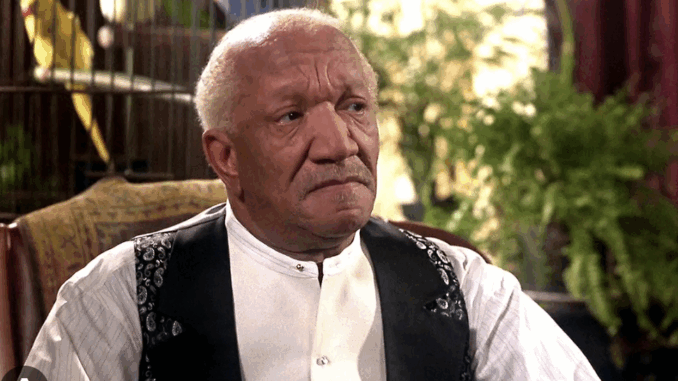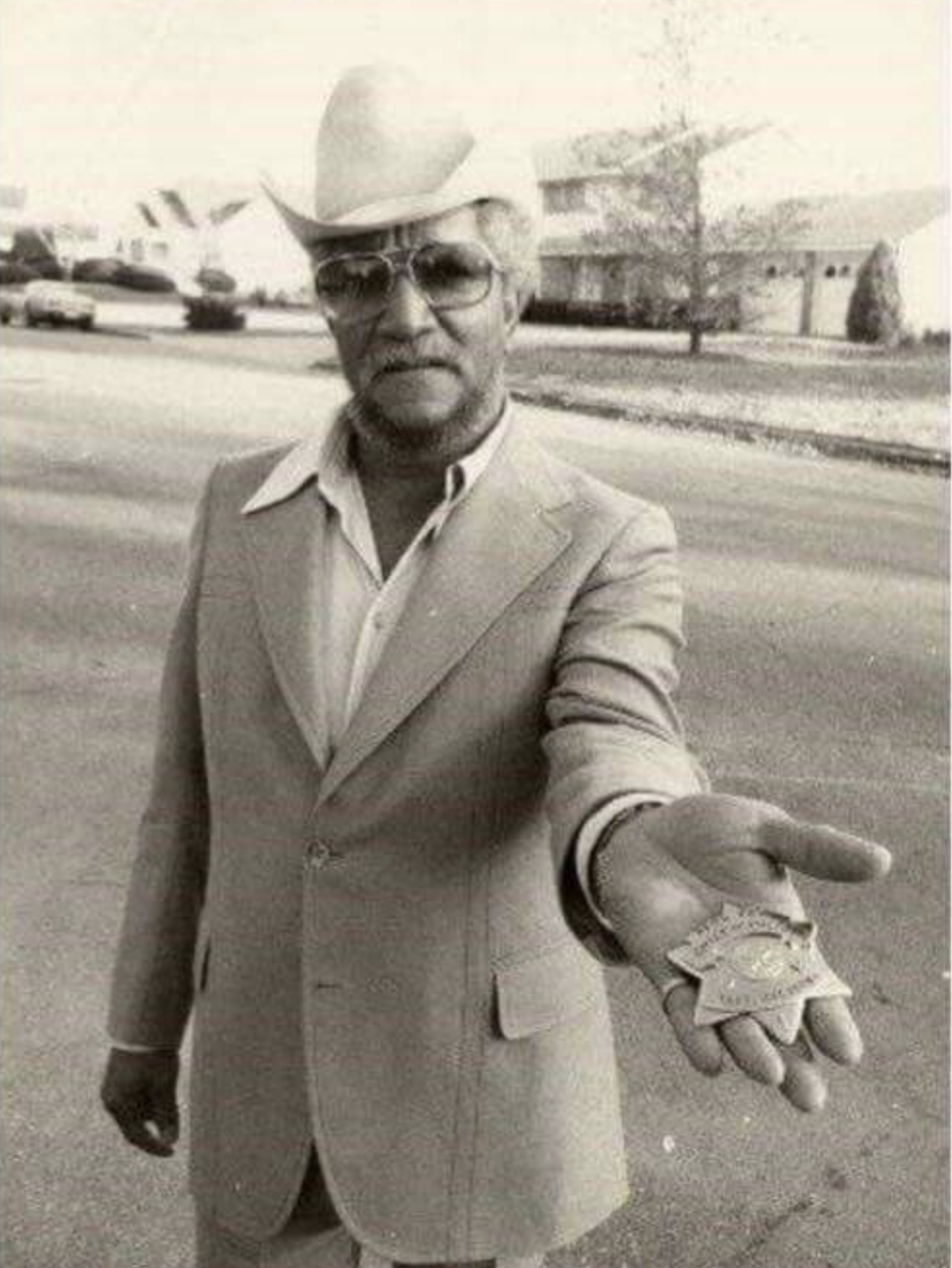
Before he became the iconic, cantankerous junkman Fred Sanford, a beloved figure who brought uproarious laughter and undeniable soul to American living rooms, Redd Foxx was a different kind of legend. He was a trailblazing comedian who honed his craft in the toughest clubs and earned a reputation as “The King of the Party Records.” His journey from the gritty streets to television stardom is a testament to raw talent, unwavering resilience, and a comedic genius that paved the way for generations of Black comedians. Many know Fred Sanford, but fewer know the incredible, groundbreaking journey of Redd Foxx.
A Tough Childhood and the Birth of a Street-Smart Comedian
Born John Elroy Sanford in St. Louis, Missouri, in 1922, Redd Foxx’s early life was anything but easy. Raised in a single-parent home, he moved to Chicago and then to New York City, where he scratched out a living as a dishwasher and performed in various small venues. It was in these rough-and-tumble clubs and vaudeville houses that Foxx developed his signature style: a sharp, observational, and often raunchy humor that reflected the realities of Black life. He wasn’t polished; he was raw, real, and street-smart, connecting with audiences through his genuine delivery and fearless approach to taboo subjects.
His early days in Harlem’s vibrant, yet challenging, entertainment scene were formative. He stood out for his ability to connect with audiences on a deeply personal, often edgy, level.
A Formative Friendship with Malcolm X
One fascinating and often overlooked aspect of Foxx’s early life was his close friendship with Malcolm Little, who would later become the revered civil rights leader Malcolm X. The two met in Harlem in the 1940s, both navigating the complexities of young Black men trying to make their way in a segregated society. Foxx, then known as “Chicago Red,” and Malcolm, known as “Detroit Red” for their reddish hair, shared apartments and common struggles.
This friendship offered Foxx a unique perspective on the world, deeply influencing his understanding of race, identity, and social dynamics. While Malcolm X pursued activism and spiritual enlightenment, Foxx channeled his observations into comedy, using humor as a powerful tool to comment on the human condition and racial experiences. This connection underscores the depth beneath his comedic exterior.
The King of Party Records: Building an Unconventional Empire
Before television came calling, Redd Foxx was already a phenomenon in the Black community, albeit through an unconventional medium: “party records.” These were uncensored, often explicit comedy albums sold primarily through independent distributors and small shops, played at house parties and in private gatherings. Foxx recorded over 50 such albums, earning him the moniker “The King of the Party Records.”
These records allowed him to express his raw, unfiltered comedic voice, tackling subjects that mainstream media wouldn’t touch. They were underground sensations, building a loyal following who craved his no-holds-barred humor. It was this groundbreaking work, far from the polished mainstream, that eventually caught the eye of television executives at NBC. They saw his undeniable talent and realized that, even if toned down, his unique comedic perspective had immense potential.
Defining Sitcoms: From Sanford and Son to a Legacy of Laughter
When Sanford and Son premiered in 1972, Redd Foxx, at 49, became an overnight sensation for a national audience. His portrayal of Fred Sanford—a sharp-witted, scheming, yet ultimately lovable junkman—was a revelation. The show’s success was largely due to Foxx’s authentic, no-nonsense delivery and his “street-smart” comedic style, which seamlessly translated to the small screen. He brought a genuine grit and quick wit that was fresh and groundbreaking for network television.

Foxx’s groundbreaking performance not only made Sanford and Son a massive hit but also opened doors for other Black-led sitcoms. His success proved to network executives that audiences craved diverse voices and authentic portrayals. Shows like The Jeffersons and Martin, which followed years later, undeniably owe a debt to Foxx’s pioneering work, building on the foundation he laid for Black comedic narratives that embraced cultural identity and everyday humor.
Redd Foxx wasn’t just a comedian; he was a cultural force. From the challenging streets and the underground world of party records to becoming a beloved TV icon, his story is a powerful reminder of how raw talent, resilience, and an uncompromising voice can truly achieve legendary status.